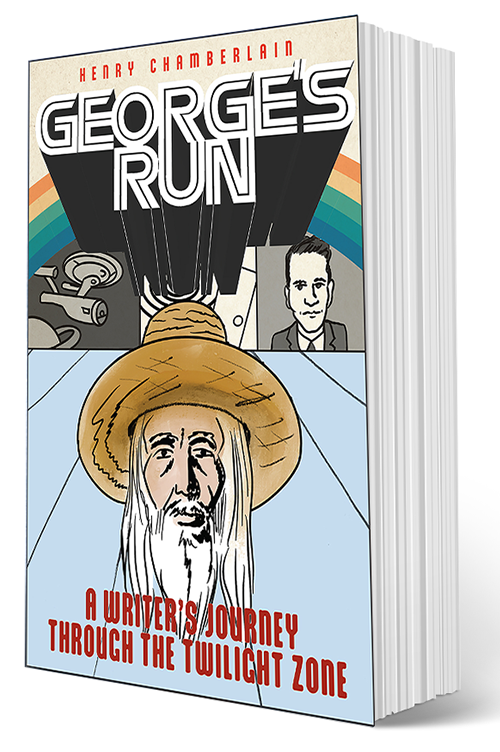
After a startling presentation mix-up for the best picture award, Barry Jenkins, at the mic, and the Moonlight cast accept the award at the Oscars on Sunday.
Chris Pizzello/Invision/AP
Not so long ago, the Academy Awards had to contend with the #OscarsSoWhite movement with its goal of greater diversity in movies. And, some may argue, that led to “Moonlight” winning for Best Picture in 2017. Now, we also have the #MeToo and the #TimesUp movements that all add up to the public demand for change from the status quo. In that spirit, to have “Get Out” win for Best Picture this year, would definitely further steer the Oscars on a more enlightened path. The Oscars ceremony this year is on Sunday, March 4, 2018 with predictions on the winners taking in all the factors.
If all movies are cut from the same cloth and we keep to the old and wrong ways, then serious problem remain. That said, any movie will ultimately need to be judged by the quality of its content. In the new era that is unfolding before us, we really can have it all. A good part of what makes “Get Out” an exceptional movie is how it subverts your expectations no matter your background or race. The viewer can empathize with a person thrust into meeting their lover’s parents. We all have our advantages and disadvantages, whether they are real or only perceived as such.
Now, let’s get to the heart of the matter. There are specifics to this story. Chris (Daniel Kaluuya) is African American and his girlfriend, Rose (Allison Williams), is Caucasian. From the moment Chris and Rose arrive at her parent’s home, it is emphasized in the extreme how race doesn’t matter but, in truth, it matters all too much–even to a life-threatening level. Everyone Chis comes into contact at this family gathering makes it painfully clear something is very wrong. This pushes Chris into an intense existential crisis.
For a new generation that believes it has seen it all, writer/director Jordan Peele brings something new. And this is not to say that we make a wholesale dismal of generations of moviemaking. No, what people are clamoring for now is a collective correction. When “Guess Who’s Coming to Dinner?” came out in 1967, and presented viewers with a mixed race couple, it helped to stir a much needed discussion on race. Peele is able tap into that same energy. People are asking to tear down the old gods and build on all the good we have achieved. “Guess Who’s Coming to Dinner?” and “Get Out” are part of a continuum of moviemaking at its best.
At least both of these movies were nominated. It’s interesting to note that Sidney Poitier was not nominated for Best Actor for his pivotal role. However, Daniel Kaluuya is up for Best Actor this year. Step by step, we continue to make progress. We are just asking to pick up the pace. This is certainly not lost on Jordan Peele. “Get Out” came out in 2017, on the 50th anniversary of “Guess Who’s Coming to Dinner?” a big studio movie of its time, a little more polite and a lot more circumspect than we will tolerate today.














Politics should be irrelevant. This is a movie competition, not a Presidency run. Get Out is one of the most flawed films I have seen in the Best Picture line-up. It did not subvert any expectation – it was as original as any remake, because it largely relied on The Stepford Wives premise, and could not even end coherently. Politics aside, if it wins the Best Picture, it would be another low for the Academy.
First, I respect your opinion and welcome more down the road. Well, I was genuinely taken with “Get Out” when it was released way back in February and it provided some genuine thrills and chills. For me, it was a cleverly crafted mashup of social commentary and quirky homage to horror tropes. “Guess Who’s Coming to Dinner” was, without a doubt, a highly calculated political movie, but still a worthy classic in its own way.